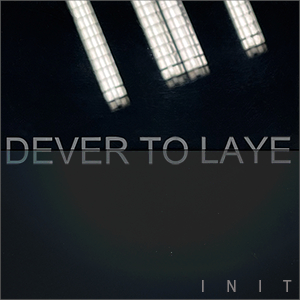There’s a great mixture and balance to the album with Henke’s signature Monolake style plus several ventures into new and different territory for the Berlin resident. In all his years of creating music it’s clear Henke has never swerved from delivering powerful, curated and expertly executed music.
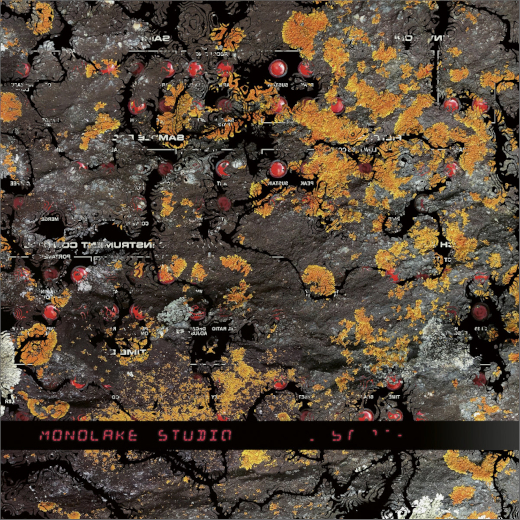
Powerful, curated and expertly executed music
It’s stunning to think the rave scenes of the late 1980s gave birth to most (if not nurtured) all modern electronic music are well over thirty years old; techno and its numerous variants is rapidly approaching middle age if not already surpassing it. Yet there it is plain as day; this underground dance culture yet lives despite the best efforts to crush it has survived and thrived in various forms and incarnations over the years.
Among the artists emerging from Berlin’s techno scene who still creates, releases and performs is Monolake. Once a duo of Robert Henke and Gerhard Behles, it is now comprised solely of Robert Henke. And though their musical partnership may have ended, the two continued working together to create Ableton Live, arguably one of the most important developments in music technology in the last 25 year. Henke’s integral involvement with Ableton Live has yielded key developments in Live with the program such as the groundbreaking Operator synth, the first Sampler plugin, Granulator and many other plugins.
As Monolake, Henke has blazed a path of unique, unrelenting experimental techno, never shying away from incorporating “obsolete” technology and equipment into his music nor any challenges that stand in the way of this (Henke suffers from chronic tinnitus and has written extensively about it). He creates these amazing works in his home studio which, as Henke states,
“(The home studio) …is my shelter, I feel comfortable there, surrounded by those wonderful inspiring machines. A small cozy room where ideas emerge, mature, morph, and find their final shape. ‘Studio’ is the result of spending time in that space. The album’s intention is simple: Presenting a beautiful personal musical journey. The creative process in itself matters to me, the interaction with my instruments, the accidental discoveries, the successful execution of a vision and anything in between.” ~Robert Henke
Henke’s finest work to date ::
Studio—released on Henke’s own Imbalance Computer Music imprint—is the result of this process and may be Henke’s finest work to date. There’s great mixture and balance to the album with Henke’s signature Monolake style plus several ventures into new and different territory for the Berlin resident. In all his years of creating music it’s clear Henke has never swerved from delivering powerful, curated and expertly executed music.
“The Elders Disagree” bears common Monolake motifs of spare drums, heavy thudding bass and seemingly random percussions and noises while melodic pads and arpeggios carve something crystalline and clear from the elements. “Signals” is a thudding, percussive romp through uncertain lands back by the urgency of sparse background noise and surgically implemented synth chords. “Intermezzo” is the shortest album track that, if not explicitly noting Studio’s halfway point, indicates a larger shift in sensibilities has been taking place whether one knows it or not with stuttering metallic noise and glitchy chirps and eructations from Henke’s machine orchestra. ‘Global Transport’ could be the soundtrack to a film about an automated international airport with distant voices in various languages competing with the noise of travel and commerce over insistent beats and bass synths; but it’s at around three minutes in where soaring string sounds turn the piece into a darker, enthralling work.
“Stasis Field” is a standout track that starts slower than most of the album tracks, giving way to a low bass rumble, swelling synths and short, sharp percussive bass notes until the synths take the track into a realm of slow burning grooves and rhythms. ‘Prime Lundy’ while not the album’s closer, may in fact be Studio’s most powerful track, a slow burner of evocative orchestral strings, synths and percussion, perambulating aimlessly across vague terrain at first before coalescing into the powerful crescendo and degrading into its closing tones. The entirety of Studio is an engaging, unique work of a master in his element, using his craft to tell these stories of his world.
Studio is available on Imbalance Computer Music Sept 6, 2024. [Bandcamp]






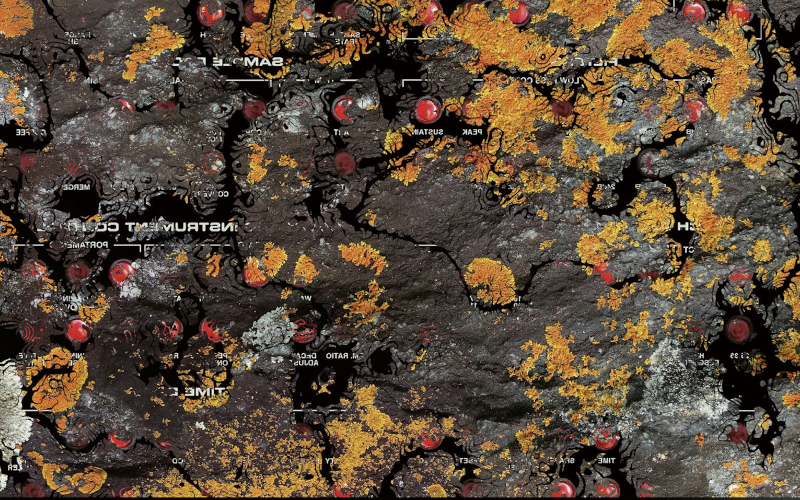
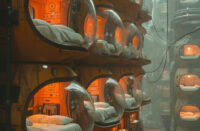

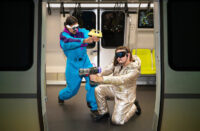
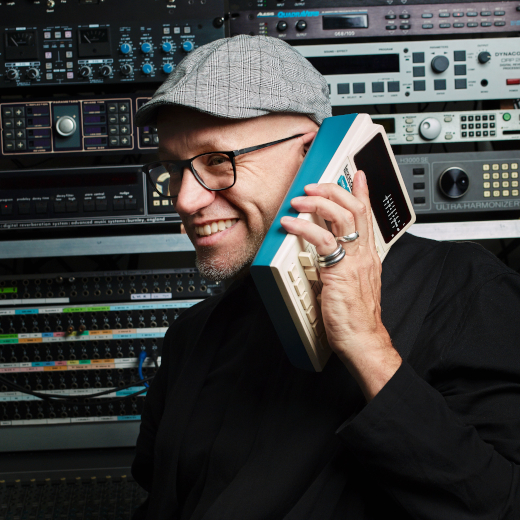

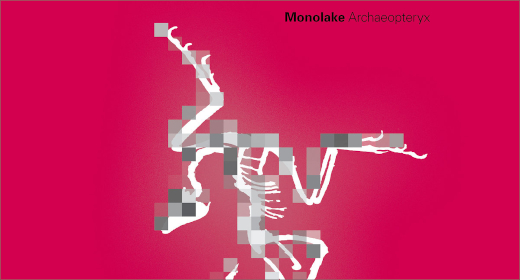
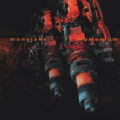
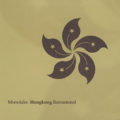
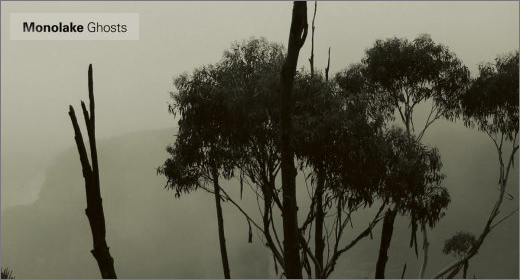



![Hasbeen :: Bunker Symphonies II (Clean Error) — [concise]](https://igloomag.com/wp/wp-content/uploads/2025/04/hasbeen-bunker-symphonies-ii_feat-75x75.jpg)
![Extrawelt :: AE-13 (Adepta Editions) — [concise]](https://igloomag.com/wp/wp-content/uploads/2025/04/extrawelt-ae-13_v_feat-75x75.jpg)
![Beyond the Black Hole :: Protonic Flux EP (Nebleena) — [concise]](https://igloomag.com/wp/wp-content/uploads/2025/04/beyond-the-black-hole-protonic-flux_feat-75x75.jpg)
![H. Ruine, Mikhail Kireev :: Imagined / Awakenings (Mestnost) — [concise]](https://igloomag.com/wp/wp-content/uploads/2025/04/h-ruine-mikhail-kireev-imagined-awakenings_feat2-75x75.jpg)


![Squaric :: 808 [Remixes] (Diffuse Reality) — [concise]](https://igloomag.com/wp/wp-content/uploads/2025/04/squaric-808-remixes_feat-75x75.jpg)
